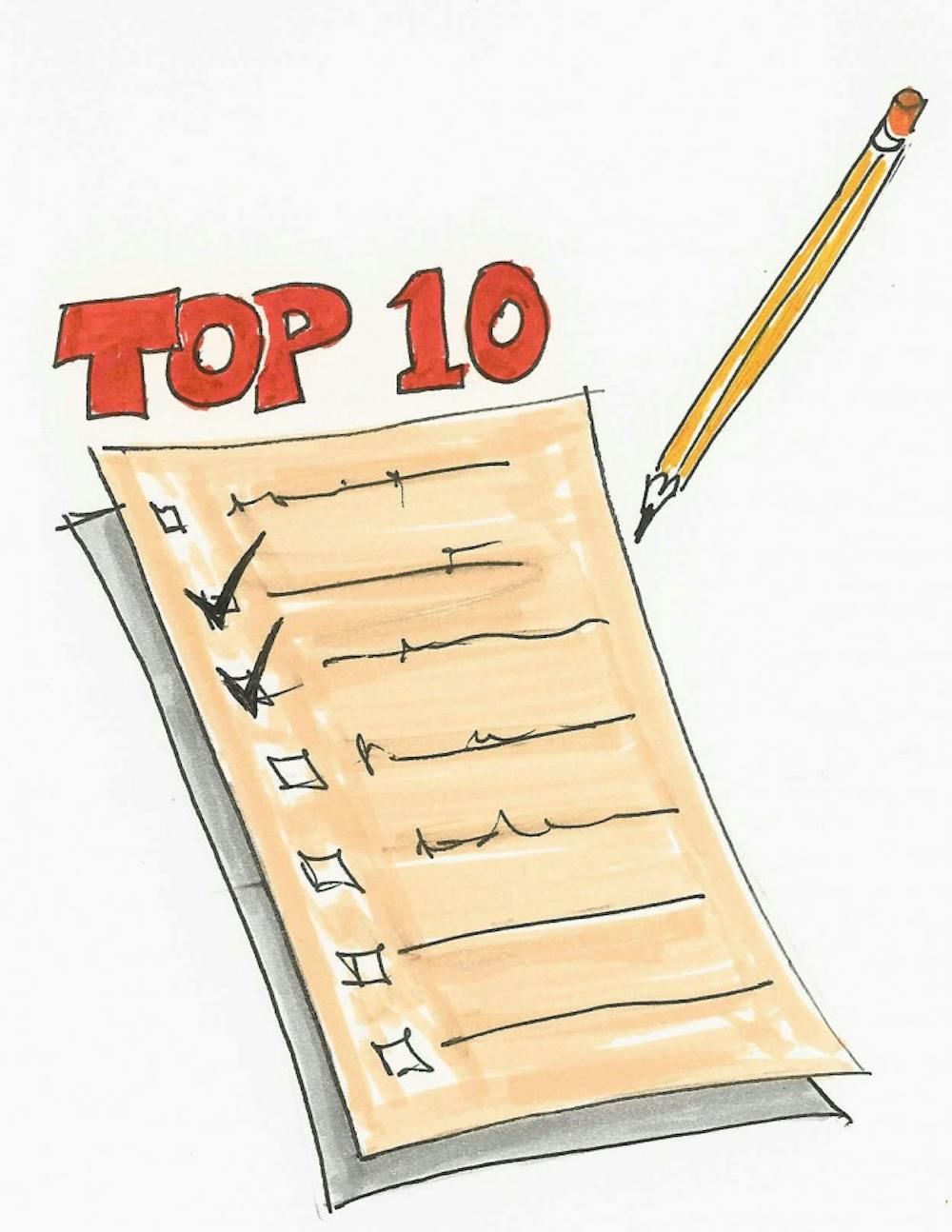Forbes Top College List Forces Us To Examine Why We Care About Rankings

August 5, 2011 at 1:03 pm
Beginning in 2008, Forbes has released its own annual rankings of America's top colleges, in an effort to make the process more objective. "Unlike other lists, we pointedly ignore ephemeral measures such as school “reputation” and ill-conceived metrics that reward wasteful spending." Penn debuted at #61 its first year and #83 last year. This year, we climbed back up to #52.
Of course, these rankings are unsettling when we're used to being at the toppity top, and we could spend the post pretending like we don't care about this particular set of rankings, but let's be honest, we all do. None of us applied to Penn just for kicks and our parents certainly don't empty out their pockets just because they feel like it. So when a credited and established publication like Forbes puts us as #52, we do and should care. The other direction this post could take would be to complain about the rankings and attribute the results to poor criteria and unfounded statistics, but we already kinda did that last year.
This year, we've got a new mission on our hands. We are turning off our usual light snark (not forever, don't worry), and instead of feigning indifference or whining, we are examining how we (as Penn students, members of society, whatever) view rankings and the media that publish them, raise questions about these views, and determine why we put such an emphasis on rankings.
Let's start with this controversial Forbes list. Does it say something about Forbes? Does it say something about us? Probably both. When Forbes releases its top 500 CEOs every year and half of them are Penn alum, we don't think twice, and we post it right up. But let's face it, we're all pretty skeptical in this case. We begin to question Forbes' credibility, which leads to the uncomfortable question: Does this mean we should disregard all Forbes lists or just the ones that don't jive with our thinking?
When the US News & World Report consistently tells us that we're in the top ten, we put our full faith and credit in their calculations. They must know, we tell ourselves. They're the experts, after all. But why are there separate lists for national universities and liberal arts colleges? And if each incoming class is better and brighter than its predecessor, why did we drop from #4 to #5 last year? Was it something we did? And if so, assuming we care enough (and it seems that we do), how do we prevent such a drop in the future?
So here's the million dollar question: Does Penn's (usually) high ranking reflect its success as an academic institution or is Penn a "good" school because it gets these high rankings? In other words, are Penn's education and amenities (for lack of a better word) really so amazing in and of themselves, or is it simply Penn's reputation that attracts intelligent students and faculty? The answer, we think, is that these two factors push each other forward; a good reputation brings in bright people who in turn create a better reputation, which brings in even more brilliant people, etc. If one of these factors loses its pull, then Penn is just another northeastern urban campus. And that is why we care about rankings: because we recognize that our success is greatly dependent on Penn's, and if Penn loses its reputation, we lose ours.